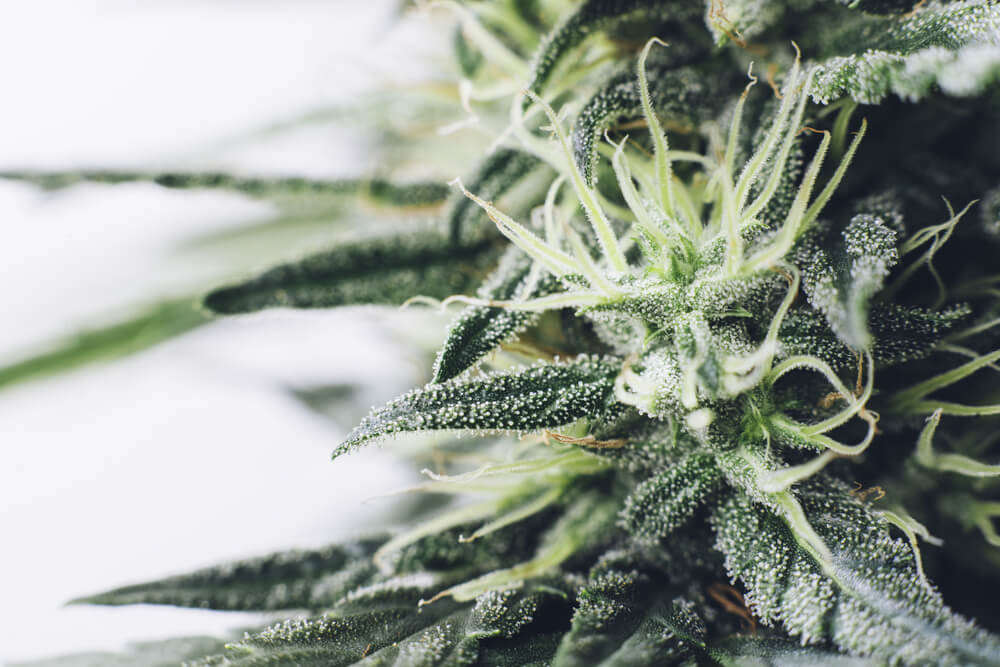



Get new exclusive access to healthcare business reports & breaking news




On January 1, 2020 marijuana became legal for recreational use in Illinois. The state is the 11th, plus Washington D.C., in America to take this action. It is the first state to legalize adult-use cannabis sales through the legislature, instead of a voter initiative.
With this, Illinois joins Colorado and Washington who kicked off a spate of recreational cannabis legislation in Alaska, California, Maine, Massachusetts, Michigan, Nevada, Oregon, Vermont and the District of Columbia.
Make no mistake: this marks a monumental milestone in the state’s cannabis legislation, but it’s not the first time Illinois is revisiting its stand on marijuana since the Prohibition of 1931.
Illinois first signed the Cannabis Control Act in 1978; however, the law never came to fruition due to inaction from the State Police and the Department of Human Services. It wasn’t until 2013 that the Land of Lincoln introduced the Compassionate Use of Medical Cannabis Pilot Program Act, becoming the 20th state to authorize marijuana for medical use.
Finally, on June 25, 2019, Gov. J.B. Pritzker signed into law the Illinois Cannabis Regulation and Tax Act legalizing recreational marijuana use. This followed approval of Bill HB 1438 by the Illinois General Assembly a month earlier.
The first day of legalized recreational marijuana saw throngs of weed-shoppers snake in long queues outside cannabis dispensaries. The demand was so high that most outlets ran out of stock, while others had to temporarily shut down because of the shortage.
According to the state presser, vendors bagged over $3.2 million with over 77,100 transactions on the debut day alone. Total sales for the week peaked at around $11 million, which is a decided harbinger of a robust market that is anticipated to rake in between $2 billion and $4 billion in revenue upon full maturity.
Given that marijuana is now technically legal, what’s next? Below, we have answered as many questions as possible regarding the possession and use of recreational marijuana in Illinois.
Perhaps the first question is whether you are actually eligible to buy recreational marijuana in Illinois. The state’s alcohol purchase age restrictions apply to marijuana, which means you are supposed to be at least 21. Interestingly, any adults aged 21 and over from outside Illinois can still legally purchase marijuana from a state-licensed weed dispensary but only in person.
So, where can you get it? Of course, you can buy it from a licensed and registered adult-use marijuana dispensary within the state of Illinois.
So far, the Illinois Department of Financial and Professional Regulation (IDFPR), Division of Professional Regulation has issued licenses to 55 (and counting) dispensaries across the state. Nearly all of the 17 Bureau of Labor Statistics (BLS) regions in Illinois have at least one licensed vendor.
An up-to-date list of currently licensed adult-use cannabis dispensaries is available on the state’s program website.
Most of these dispensaries hold a dual-use license, meaning they’re authorized to dispense cannabis for both medical and recreational usage. The new cannabis law not only allows existing medical marijuana dispensaries to apply for an adult-use license but also permits vendors to open a secondary shop within the same region, so the number of locations is expected to increase dramatically.
Starting in mid-2020, Illinois regulators plan to grant, in two rounds, up to 75 additional licenses to scores of new dispensaries, as well as transporters, processors, and cultivators. With this trend, it is predicted that Illinois will be home to a little shy of 300 marijuana dispensing stores by 2022.
At the moment, there are roughly 10 recreational weed dispensaries for every 100K Illinois residents. If the planned expansion goes through, we will see this figure drop to around 2.3 outlets per 100,000 residents.
Upon arriving at a recreational cannabis store, the first thing you’ll be required to do is produce a physical, government-issued identification document, such as a driver’s license, passport, or government ID. I will be verified via an electronic scanner.
Under the new cannabis law, however, the vendors aren’t allowed to permit customers to touch any of their products, so don’t expect to sample, sniff or smell what’s on offer. Thankfully, stores have up-to-date product catalogs or menus, most of which are available for viewing using a touchscreen display, LED screens or tablets. Some also have menu print-outs.
Note that adult-use dispensaries are not allowed to sell:
In addition, dispensaries are not permitted to false-advertise, use pictures of cannabis buds/leaves in their advertisement materials, or claim that their products have any alleged therapeutic, medicinal or health benefits.
Dispensaries are only authorized to operate from 6 am through 10 pm every day, and at least two employees must be in the store at all times. Also, a record of each sales transaction should be established and reported to the state at the time sale. The inventory at the beginning of the day and the closing of the business day must be reported to the state.
Once you have filled an order, the dispensary’s employee will pick up your items and bag them before finalizing the sale. Note that each recreational marijuana product is available in sealed packaging.
One thing should remain clear: purchasing cannabis on the black market — which means, not buying from a state-licensed dispenser — is still illegal.
If you’re found with no more than 10 grams of black market-bought marijuana, it’s a civil penalty. Possession of 10-100g of ill-gotten marijuana is a legal misdemeanor, a minor offense that carries up to $2,500 in fines or no more than a year of incarceration. Possession of anything more than 100 grams will attract a felony charge that will see you spend up to 15 years in jail, pay up to $25,000 in fines or both.
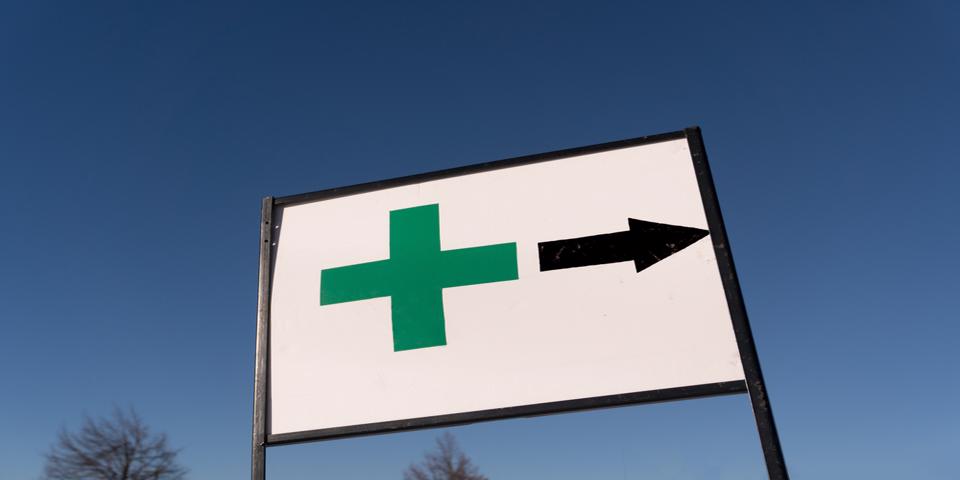

Currently, the following towns have voted to allow adult-use cannabis sales:
Dozens of towns and municipalities are yet to put the query to voters. We’ll update this list periodically as changes reach our desk.
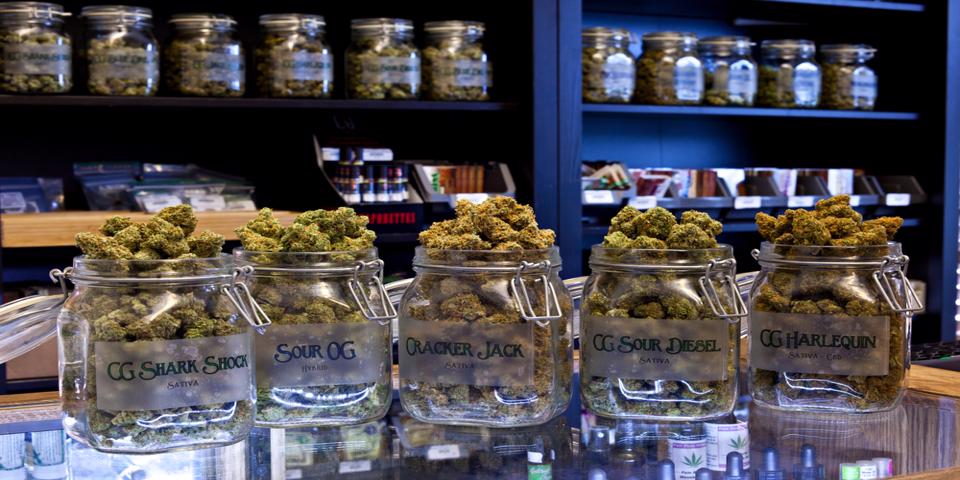

A quick glance at most menus reveals that most recreational cannabis stores in Illinois are catering to both rookies and seasoned users alike. Products are derived from Cannabis sativa, Cannabis indica, or hybrids.
Expect to find a wide range of the following products in most Illinois rec shops:
Flowers: Cannabis buds and flowers are undoubtedly the most traditional form consumed. The flowers are available as buds, rolled joints or ground, all of which are nicely packed in sealed packaging.
Tinctures: If you are not interested in standard marijuana flower buds, you can go for tinctures. These contain cannabinoids in various concentrations. They can be taken sublingually, orally, baked or mixed into edibles.
Some tinctures may contain primarily CBD – the non-psychoactive chemical compound found in cannabis Sativa, with little or no THC, the psychoactive compound responsible for the euphoria and feeling of high in marijuana. These are usually called CBD oil tinctures and are great for people who aren’t keen on consuming THC.
Vape Cartridges: Just about every dispensary has a decent line-up of vaporizers, as well as vape cartridges filled with cannabis liquid. It’s a relatively new cannabis-consuming technology, but one that’s very trendy.
Instead of combusting the cannabis, vaporizers and vape pens employ low heating to generate vapor from the marijuana vape liquid which then can be inhaled. At the stores, you’ll find a series of flavored vape cartridges, with flavors ranging from blueberry and mint to strawberry and vanilla.
Edibles: Cannabis-infused edibles are all the rage among Illinoisans, and they come in all shapes and sizes. Cannabis-infused chocolate bars, gummies, cookies, brownies, cooking oils, honey, and even hot sauce.
Not sure what to get? The state law allows you to seek advice from any employee at the store, so don’t be afraid to discuss your options with the staff.
One other thing to note is that all products carried by the dispensaries are derived from cannabis grown within Illinois. No product is allowed to contain alcohol except cannabis tinctures, which are restricted to 100ml per container.
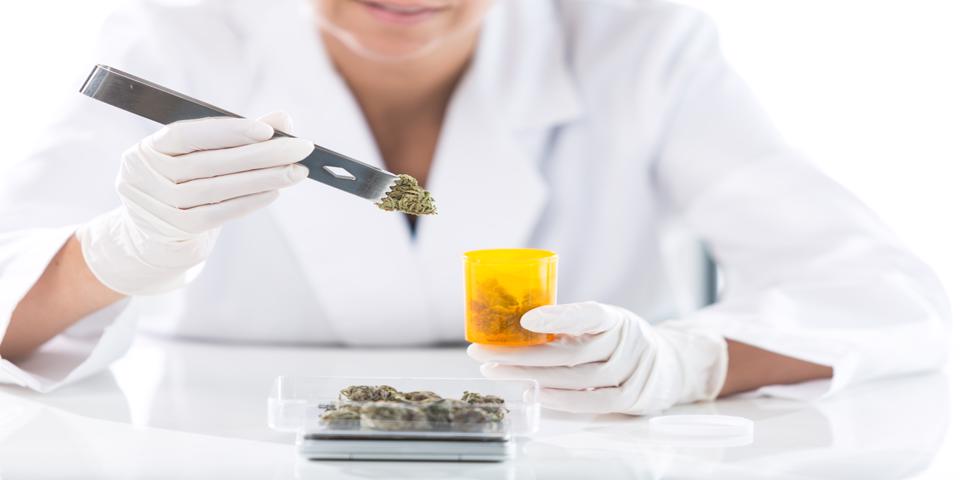

You are only allowed to possess cannabis-infused products such as capsules, consumables, tinctures, gummies and other edibles that contain no more than 500 mg of THC.
If you want to purchase cannabis concentrate, a high-strength product containing pure cannabinoid and little else, your limit is much lower. That’s because you can legally possess no more than 5gm of cannabis concentrate.
Adults 21 and over from out-of-state can possess half these limits, which means up to 15 grams of cannabis flower, 2.5 grams of cannabis concentrate, and up to 250mg of cannabis-infused products.
These figures are possession limits, not purchase limits, according to the new legislation. This means is that you aren’t allowed to move from one vendor to another purchasing 30 grams of cannabis flower from each store. The same goes for each product category.
The total amount of products you can possess is a cumulation. A resident of the state can possess 5 grams of cannabis concentrate, 500 mg of marijuana-infused product, and 30g of cannabis flower, all at the same time. Non-Illinoisans can possess half that amount.
The penalties for breaking this law can vary greatly depending on how much in excess of the legal amount you possess. If you’re found with over 30 mg but less than 100 mg of cannabis flower, for example; you will be charged with a misdemeanor that carries up to $2,500 in fines and no more than 1 year of jail-time.
Any amount beyond 100mg of cannabis flower is considered a felony, and you could face up to 15 years in jail. Fines for the offense cannot exceed $25,000.
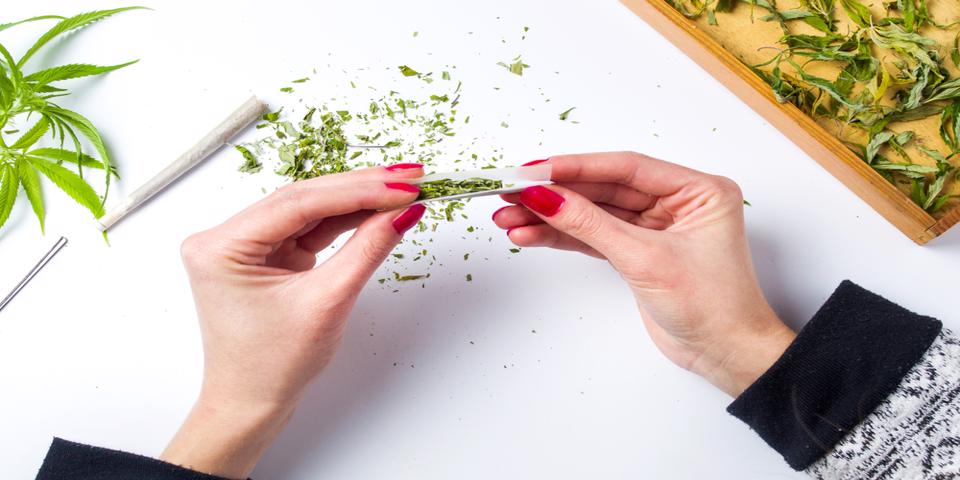

As mentioned earlier, under the new adult-use cannabis law, you are not allowed to touch, sniff, smell or otherwise use the product at the site of sale. Even when you exit from the dispensary, you can’t bust out your new purchase yet.
Before you leave the dispensary, ensure that your cannabis products are sealed in their child-resistant, odor-proof original containers at all times. Preferably, it should be in a zip-and-lock style bag from the store. You can carry the bag with you in public places or have it in your vehicle – it is not illegal unless the seal has been tampered with.
The law is very clear: you are not allowed to smoke or consume marijuana in public. That means the following places are off-limits:
So, where can you legally smoke recreational weed in Illinois? It’s only okay to consume recreational cannabis in private, which could be interpreted to mean:
Note that some landlords, businesses, and public housing may not approve of marijuana smoking on their premises, and the law gives them this right. Universities and colleges within the state are also granted the right to ban adult-use cannabis on their institutional property.
What happens if you are caught breaking these laws? The structure of the law allows every local police department to decide how to enforce these laws.
For instance, Chicago law enforcement officers will ticket individuals who are found smoking on their home’s front porches, but you will be able to smoke in your backyard or on your balcony. This may not be the case for other regions in Illinois.
Smoking cannabis near someone who is under 21 or giving them marijuana is a misdemeanor, which means you can be fined up to $2,500 or spend up to 1 year in jail.
If the minor suffers bodily harm as a consequence of exposure to the substance, however, this escalates to a felony charge, which carries up to a 15-year jail term or up to $25,000 in fines in the state of Illinois.
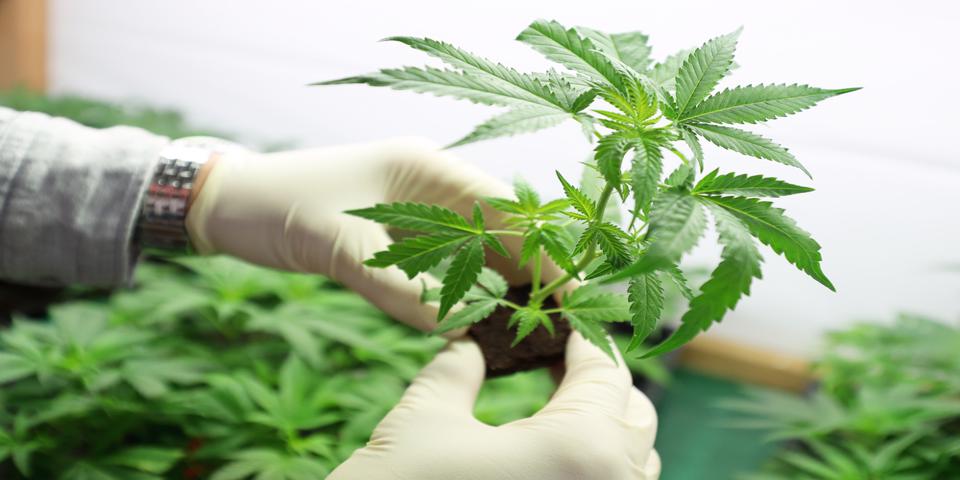

Unless you are a licensed medical marijuana patient (and a medical cannabis cardholder), you are not allowed to grow your own cannabis in Illinois. You cannot grow it in your home, in your backyard or in an unlicensed cultivation facility.
If you are an approved medical cannabis user, on the other hand, you will be allowed to grow up to 5 marijuana plants at a time. No more than that, otherwise you will be breaking the law.
Home-growing by non-medical users is a civil offense that attracts a penalty of $200 for growing no more than 5 plants. Growing more than five plants without a license is illegal cultivation and carries an even heftier felony penalty of up to 15 years in jail.
The only parties currently allowed to grow up to 5000 square feet of cannabis are medical marijuana licensed cultivation facilities. In March 2020, state regulators will begin accepting license applications from potential “craft” growers, and the actual licenses will be issued to successful applicants beginning on May 1st.
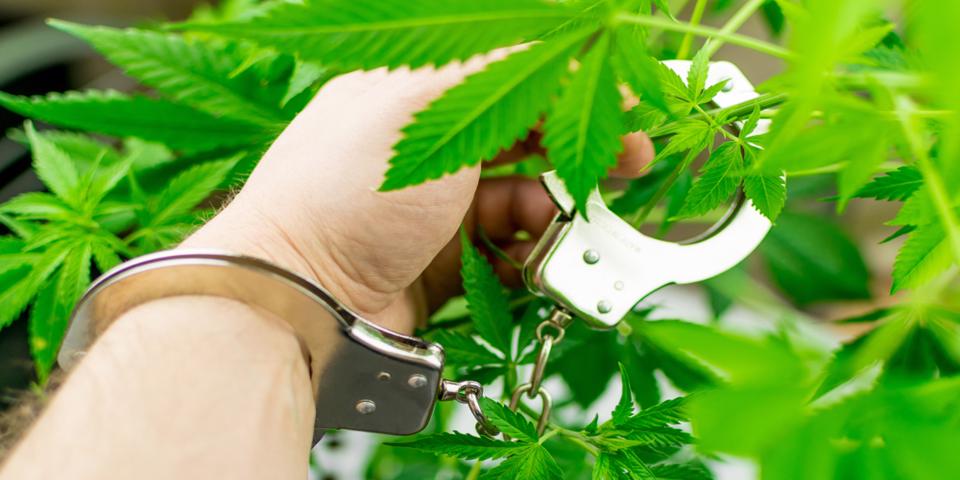

Previously, possessing less than 10g of marijuana was Class B misdemeanor whose punishment was fines of up to $1,500 and up to 6 months in jail.
Following the passing of the Cannabis Regulation and Tax Act of 2019, the situation has changed dramatically from a legal standpoint. First of all, possession of up to 30 grams of cannabis flower is now totally legal.
Not only that but the new law provides for major reforms to marijuana criminal justice, especially for convictions of up to 30g of cannabis flower made on or before the legislation went into force. That means criminal records for hundreds of thousands of Illinoisans convicted for possessing no more than 30 grams will be automatically vacated.
The Governor’s clemency may also apply to those convicted for possessing between 30 and 500 grams of cannabis. However, they must petition the court individually to expunge their convictions, so this will be reviewed on a case-by-case basis.
Already, 11,000 persons convicted of minor marijuana offenses have been pardoned by Gov. J B. Pritzker. Overall, the clemency move could see more than 770,000 marijuana-related convictions overturned, pardoned, or expunged.
Even with these sweeping reforms to criminal justice, it’s still possible to go to prison if you break certain laws (as covered above), though a fine is more likely.
The most serious of these offenses – one that will likely land you in prison – is driving under the influence of cannabis. During the 2016 decriminalization of marijuana, state officials set the requirement for driving under the influence (DUI) of marijuana at 5 nanograms of THC per ml of blood.
This ruling still holds today, and you are guilty of DWI if your blood THC is over 5 nanograms/ml, even if you are not impaired. Although there is no standardized roadside testing for cannabis impairment in Illinois, officers can still use trained observation methods to establish whether you are impaired or not.
As part of the new law, a DWI Task Force has been set up to evaluate the best practices for DWI roadside testing. The Illinois State Police is heading the task force.
To avoid trouble at police stops, make sure your cannabis products are unopened and contained in a sealed, child-proof and odor-resistant packaging.
Illinois has a unique tax policy for sales of adult-use marijuana products. At the very start of the supply chain, cannabis products sold by craft growers and cultivation facilities are taxed at 7 percent at the wholesale level.
When the product rolls into the retail realm, taxation gets really interesting. Instead of levying a general tax on all marijuana products, the state chose to have a unique rolling tax rate that changes depending on the type of product and its relative THC content.
The more THC a product has, the higher its tax rate. The current tax rate policy is as follows:
On top of these scaled tax rates, Illinois’ standard sales tax of 6.25% will apply to all cannabis products. Illinois also allows municipalities to add a local tax of up to 3.5%. In a place like Springfield, for instance, the local tax is 3%, and 50% of the revenue will go to firefighters and police pensions while the rest goes to local economic development.
If you crunch the numbers, what the customer pays at the till will include a retail tax of between 19.55% and 34.75%, depending on the relative potency of the product and the local tax rate. That does not account for the 7% tax charged at the wholesale level.
Where will the tax revenue go? A big chunk of the initial revenue will go to correcting criminal marijuana injustices, with the vast majority headed towards expunging minor convictions. After the cost of expungement and administration are covered, the rest will be apportioned in the following manner:
Neither Missouri nor Indiana has legalized adult-use marijuana. Missouri officials say legal medical cannabis will go on sale sometime in the spring or later in summer.
The big question is: will someone from across the Mississippi River or Indiana be able to legally buy marijuana in Illinois?
The simple answer: yes. All non-residents, including Missourians and Hoosiers, are allowed to purchase up to 15 grams of cannabis flower, 2.5grams of cannabis concentrate, and no more than 250mg of cannabis-infused products.
However, purchasing legal marijuana is only half the battle for residents of these two states. Marijuana purchased legally from Illinois cannot be brought across state lines to either Indiana or Missouri. This applies to both medical and recreational use.
There are currently no legal agreements between Illinois and either Missouri or Indiana to allow their patients to buy marijuana from the state, or vice versa. According to state officials, medical marijuana patients will not be arrested for possessing cannabis while in the state but they must observe interstate commerce rules.
For Missouri residents bringing marijuana from Illinois, this is what is waiting for them at home:
What awaits Indiana residents who want to bring weed from Illinois into the state is even grimmer. India forbids possession of cannabis in any form. Possession of no more than 30 grams of marijuana in Indiana is a Class B misdemeanor that will result in up to 180 days of jail time and fines of $1,000.
Possession of over 30 grams in the state is a Level A Felony that carries up to $10,000 in fines and a prison sentence of between 6 months and two and a half years.
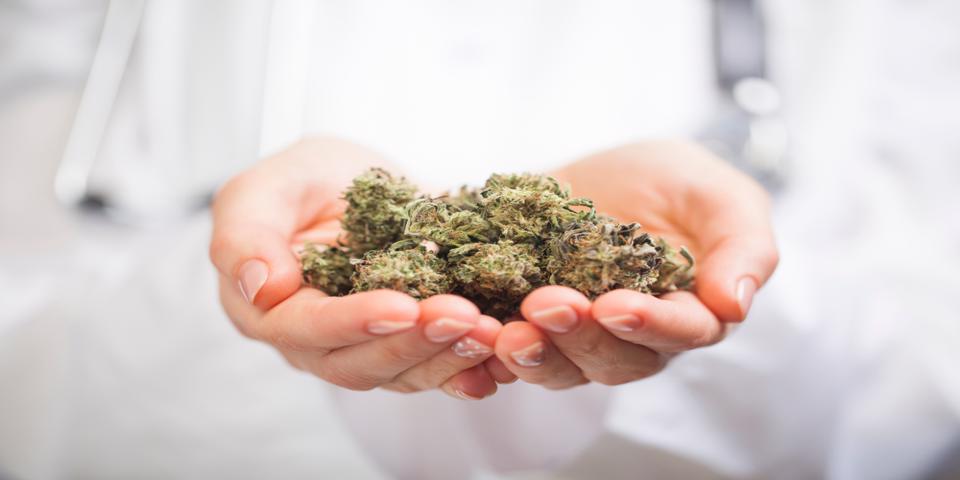

The DFPR (Department of Financial and Professional Regulation) is planning to award more adult-use licenses to new dispensaries. In March 2020, the regulator will start receiving applications from interested cannabis vendors.
By May 1, the Department of Financial and Professional Regulation expects to have issued up to 75 new recreational marijuana sales licenses across Illinois. The lion’s share of around 47 licenses will be earmarked for the Greater Chicago region.
The department has also confirmed that, under its expansion scheme, up to 110 additional adult-use licenses will be awarded to new dispensaries by December 21, 2020.
The Illinois Department of Agriculture also has major plans for the marijuana industry in the offing. First of all, the department is on the verge of issuing up to 40 licenses to new cannabis “craft” growers by July 1, 2020. It will award up to 40 licenses for cannabis infusers by the same date.
What’s more, the Illinois Department of Agriculture says plans are in full gear to award 60 additional licenses for cannabis infusers and another 60 licenses for cannabis craft growers by December 21, 2021. Parties planning to obtain licenses for transporting marijuana have reason to be excited because the state department said it will award an unlimited number of these permits by the close of 2021.
On the academic front, Illinois is in the process of awarding licenses to 8 community colleges for marijuana vocational pilot programs. The award process is expected to be finalized by September 1, 2020. Chosen colleges are expected to start running their “cannabis” programs in the 2021/2022 academic year; only students aged 18 and over will be allowed to enroll.
The Task Force on DUI led by the State Police will table its report and suggests how to improve roadside testing for driving under the influence of marijuana on July 1, 2020.
Several municipalities are expected to weigh in on whether to allow the creation of designated cannabis-consumption stations within their jurisdictions. Others have yet to decide their local tax rates. In addition, the biggest question is also whether Illinois will be allowed to order marijuana over mail. Companies like SunnySide, WindyCity Cannabis or HempFlower, have already announced their desire to ship cannabis products to local residents when the appropriate laws will allow for such deliveries.
Legal recreational cannabis went on sale for the first time on January 1, 2020, in Illinois, following the signing of the Illinois Cannabis Regulation and Tax Act in 2019 by Gov. J.B. Pritzker.
The first week of adult-use marijuana sales beat expectations with state officials confirming that vendors processed sales transactions worth $11 million. Most recreational cannabis dispensaries run out of stock and had to turn away some customers.
Here is a quick summary of what you need to know about adult-use cannabis now that it is legal in Illinois:
The largest portion of the initial revenue will be used for expungement. After deducting administrative costs the rest will go to the General Revenue Fund (35%), 3R program (25%), mental health and substance abuse programs (20%), unpaid bills (10%), Local Government Distributive Fund (8%), and education & public safety programs (2%).
As part of the new legislation, the state will also review some cannabis-related injustices in the state’s criminal system. 11,000 people with low-level marijuana offenses have already been pardoned by Governor J. B. Pritzker, an additional 770,000 cases are due for expungement.
Illinois plans to expand its recreational cannabis program. By May 1st, state officials say that Illinois will have issued an additional 75 licenses to dispensaries, as well as more for craft growers, transporting organizations, cannabis infusers, and cultivation facilities.